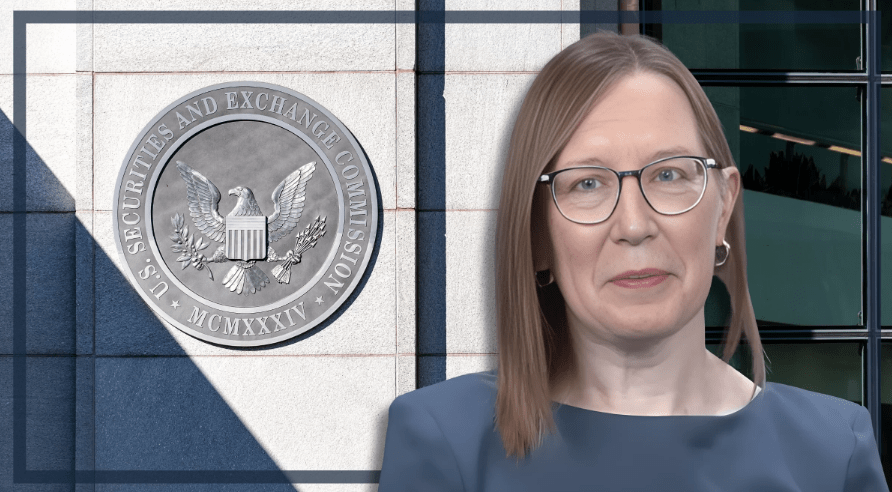Our Editorial Process: At bitcoinist, we’re committed to delivering content that’s well-researched, accurate, and unbiased. Our rigorous sourcing standards and thorough review process by top technology experts and seasoned editors be certain that our readers receive content that’s each relevant and useful.
SEC’s Crypto Mom Sends a Strong Message on Tokenized Securities
In a press release released on Wednesday, SEC Commissioner Hester Peirce, affectionately generally known as ‘Crypto Mom’, emphasized that any company considering the leap into tokenized securities should first seek the advice of regulators. Peirce, who heads the SEC’s crypto task force, underscored that blockchain technology, while revolutionary, doesn’t redefine what an asset represents. In the eyes of U.S. law, tokenized shares remain classified as securities.
Remember the Federal Guidelines, Peirce Advises Companies
Peirce’s warning got here shortly after Robinhood announced its latest layer-2 blockchain designed for tokenization. She advised corporations to debate their strategies with the SEC before issuing tokens linked to stocks or funds. As Peirce put it, “Blockchain is powerful, but it doesn’t magically alter the nature of the underlying asset.” Tokenized securities must adhere to existing registration and disclosure regulations.
To some observers, Peirce’s stance mirrors that of former SEC chair Gary Gensler, who continuously encouraged token projects to have interaction with the SEC in the event that they suspected their offerings might qualify as securities.
Currently, the overall crypto market cap stands at $3.62 trillion, in response to TradingView.
Robinhood’s Tokenization Plans and SEC Timing
While Peirce didn’t mention Robinhood by name, the timing was impeccable. Robinhood recently filed a proposal to determine a framework for tokenized real-world assets throughout the U.S. regulatory bounds. The company goals to permit European users to trade tokens linked to outstanding U.S. stocks and ETFs, including giants like Apple and the S&P 500 fund.
House Republicans Seek Clarity in Crypto Regulations
Meanwhile, within the legislative arena, U.S. House Republicans are preparing to vote on the Digital Asset Market Clarity Act. This bill intends to obviously delineate the responsibilities of the SEC versus those of the Commodity Futures Trading Commission. If passed, the act would define terms like “digital commodities,” “securities,” and “stablecoins,” offering tokenization proponents a clearer legal landscape.

Peirce suggested that the SEC is open to updating outdated regulations, stating, “When unique points of a technology warrant changes to existing rules or where regulatory requirements are outdated or unnecessary, we stand able to work with market participants to craft appropriate exemptions and modernize rules.” Until formal updates are made, nevertheless, any token tied to a share or ETF must meet the identical standards as traditional paper securities.
The Pros and Cons of Tokenization
Tokenized securities hold the promise of drastically reducing settlement times from days to mere moments and potentially opening latest market opportunities for smaller investors. However, risks persist. Investors must trust the custodians holding the actual assets, and if a custodian fails, token holders might face losses.
Featured image from Cheesecake Labs, chart from TradingView
Image Credit: bitcoinist.com
